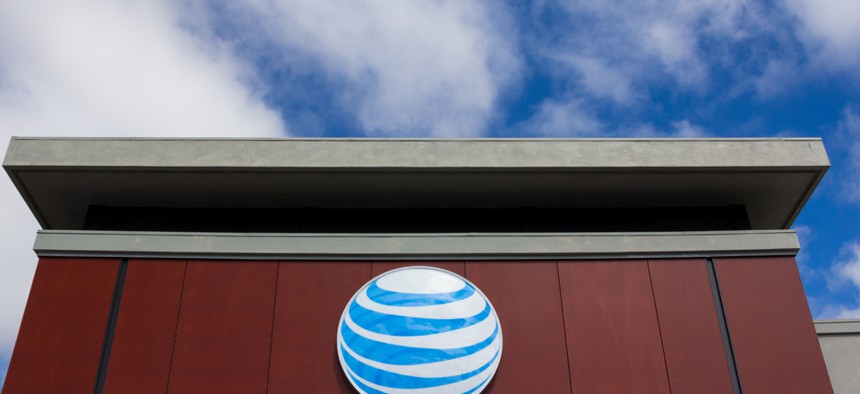AT&T Promises to Protect Net Neutrality—If It Gets to Buy DirecTV

Ken Wolter/Shutterstock.com
The telecom giant appears to have learned from its failed bid for T-Mobile.
AT&T is offering up a slew of goodies to try to convince regulators to let it buy DirecTV.
The proposals target some top priorities of the Obama administration in an attempt to grease the wheels for regulatory approval of the $48.5 billion deal.
For three years, AT&T promises to abide by the 2010 net-neutrality regulations, even though those rules were thrown out by a court earlier this year. The company also promised to expand high-speed Internet access in rural areas, and it won't force consumers into buying larger bundles of TV and Internet services for at least three years.
On a conference call Monday, AT&T CEO Randall Stephenson said the conditions are designed to allow the companies to "get out in front" of potential regulatory concerns.
The telecom giant appears to have learned some lessons from its failed 2011 bid for T-Mobile. AT&T essentially offered no concessions up front for that merger—despite the fact that the company was trying to take out one of its main competitors, an obvious red flag for regulators.
Opposition from the Justice Department and Federal Communications Commission forced AT&T to abandon its bid for T-Mobile, ultimately costing the company billions of dollars.
John Bergmayer, a staff attorney with Public Knowledge, said offering no conditions in its T-Mobile deal "made them look arrogant."
Comcast, on the other hand, quickly offered up concessions such as giving up subscribers and an expanded net-neutrality commitment in its bid for Time Warner Cable. The massive cable merger is still under review.
"Comcast is really savvy, and I think AT&T is learning," Bergmayer said.
Walter Piecyk, an industry analyst with the firm BTIG, agreed that AT&T is trying to use carrots rather than its typical "loud, in-your-face approach."
"You learn from your mistakes," Piecyk said.
Unlike the T-Mobile deal, AT&T is not required to pay DirecTV any money if the deal falls apart.
It's unclear exactly what AT&T's net-neutrality promise means. The FCC is under fire because it is trying to write new net-neutrality rules that would likely allow Internet service providers to charge websites for faster service in some cases.
But a top Comcast executive recently said he believes even the stronger 2010 rules allowed for Internet "fast lanes." FCC Chairman Tom Wheeler also suggested that the old rules wouldn't have totally barred paid prioritization of Internet traffic.
AT&T didn't provide any details about how it interprets the old rules. Additionally, the 2010 order largely exempted cell-phone service—AT&T's main business.
AT&T also said it plans to bid at least $9 billion in the FCC's upcoming auction of airwave licenses. The promise is not conditional on getting approval of the DirecTV deal, but Piecyk argued there's an implicit link.
"It's a public promise to spend $9 billion whether it's conditioned or not," he said. "It's a message sent to the FCC saying, "Here's what we're doing for you.'"
The government is relying on revenue from the airwave auction to build a nationwide high-speed communications network for first responders.
AT&T's promise to provide broadband service to an additional 15 million consumers mostly in rural areas fits with the administration's goal of universal Internet access and could be a hit with rural state lawmakers.
But Bergmayer questioned whether that commitment has any connection to the DirecTV deal.
"Why couldn't they just do that anyway?" he asked.
AT&T says the "synergies" of the DirecTV deal will enable the expansion of its network.
This article appears in the May 20, 2014 edition of NJ Daily.
(Image via Ken Wolter / Shutterstock.com)






